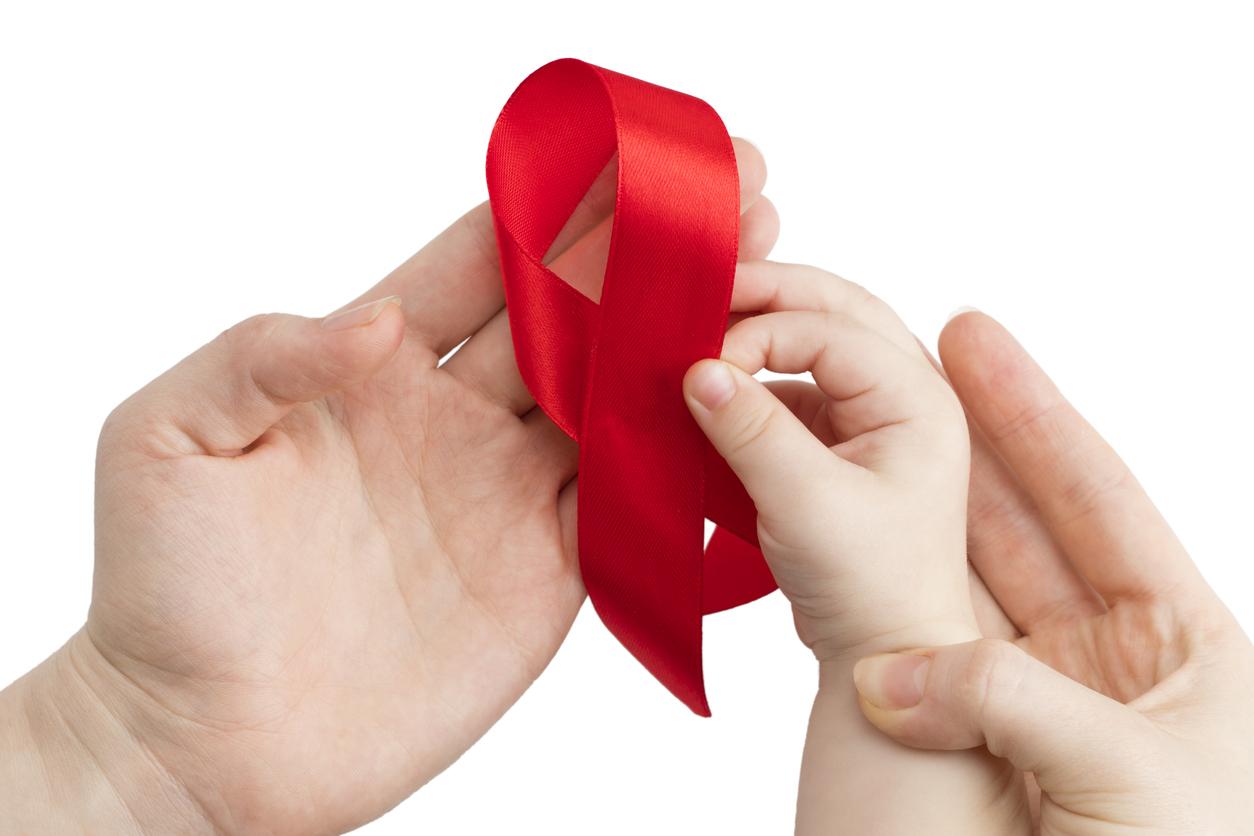Their care requires a specific approach due to their gender transition.

- In transgender women, prostate cancer is more common than reports suggest.
- About 14 cases of prostate cancer per 10,000 transgender women have been identified.
- Low rates of prostate cancer may be due to misinterpretation of PSA levels in patients undergoing gender-affirming hormone therapies, stigma, lack of risk awareness and means of screening.
“To date, what we know about prostate cancer is almost exclusively based on cisgender men,” said Farnoosh Nik-Ahd, professor of urology at the University of California, San Francisco. Yet transgender women retain their prostates even after gender-affirming surgery and therefore remain at risk of a malignant tumor, developed from prostate cells. In one study, the researcher and his team found that prostate cancer was more common in transgender women than reports suggest.
Prostate cancer: 14 cases per 10,000 transgender women
To reach this conclusion, the scientists recruited 449 patients. Among them, 155 transgender women confirmed to have prostate cancer. According to the data, 116 of them had never used estrogen, 17 had used it before but stopped before being diagnosed with prostate cancer, and 22 were actively taking estrogen at the time of diagnosis.
According to the results, published in the journal JAMA Network, there are approximately 14 cases of prostate cancer for every 10,000 transgender women. Although the numbers are small, they suggest that transgender women taking estrogen may have been diagnosed later. In addition, hormone therapy may artificially lower levels of PSA (prostate specific antigen), a protein produced by the prostate that is normally present in low amounts in the blood. The authors believe that this can complicate the diagnosis and monitoring of the disease.
“A lack of information on the risks and means of screening”
“Low rates of prostate cancer in transgender women may also be due to a lack of awareness among physicians about transgender health, which may lead to a lack of information about potential risks and ways to screen.” , can we read in the searches. Another cause: the stigma and discrimination that transgender women often face can prevent them from accessing health care and reduce their motivation to seek treatment.
Thus, the researchers insist on the fact that transgender women with prostate cancer need specific care that takes into account their gender transition and their overall health. “We still have a lot of work to do to determine the optimal screening for prostate cancer in transgender women on estrogen and related treatments. This study should remind clinicians and patients that, regardless of gender, people with prostate are at risk of prostate cancer”concluded Matthew R. Cooperberg, co-author of the study, in a statement.


















